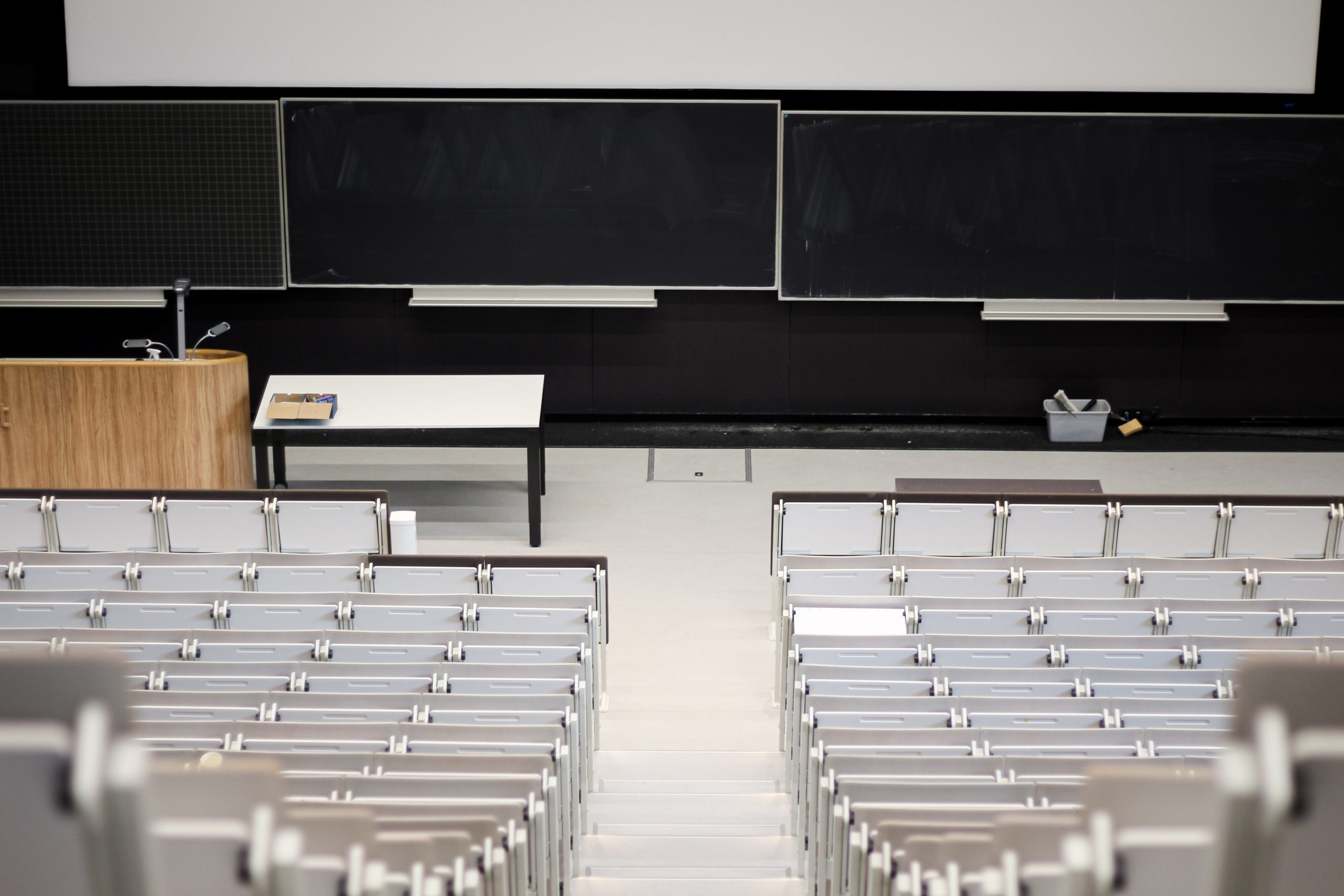Lecturers who find it hard to deal with outspoken students are not necessarily restricted in their academic freedom, says Education Minister Robbert Dijkgraaf.
Minister Dijkgraaf finds it worrying that lecturers no longer dare to express themselves, for example because they feel intimidated or threatened. (Photo: Justyna Botor)
Member of Parliament (MP) Hatte van der Woude (VVD) put questions to the education minister following an article about ‘wokeism’ in De Telegraaf. In that article, Utrecht University associate professor Floris van den Berg tells of students asking him to revise his reading list because it allegedly contains too many white male authors. Another demand is that he should allow more room for “non-academic and non-western perspectives”.
Tough discussions
Doesn’t this situation actually conflict with the duty of universities to guarantee academic freedom? the VVD MP wanted to know. The minister’s response was unequivocal: “No”. He feels that there must be room in higher education for “confrontations, debate and tough discussions”.
“Students and lecturers have to be able to confront one another but everyone must also have the opportunity to defend their viewpoint. Encouraging critical thinking is a natural part of academic learning”, he writes. Universities are, in his view, “robust organisations that are capable of dealing with this”.
Walking on eggshells
Van der Woude also says it is “very worrying” that because of the woke movement lecturers no longer dare to express themselves freely, and he wonders what the minister is going to do to better protect their academic freedom. But Dijkgraaf refers to the boards of the educational institutions. It is their duty to protect academic freedom.
He, too, thinks it is worrying that lecturers no longer dare to express themselves, for example because they feel intimidated or threatened. “But if lecturers find it hard to be confronted with criticism from outspoken students, that is not a restriction of academic freedom”, he adds. He also considers it undesirable when lecturers “constantly have to walk on eggshells”.
It can be difficult for administrators to establish the specific situations in which academic freedom is at risk, the minister acknowledges. He wants to hold talks with the umbrella organisations of the higher education institutions about how they can deal with that field of tension.
HOP, Josefine van Enk
Translation: Taalcentrum-VU
Do you have a question or comment about this article?
redactie@hogeronderwijspersbureau.nl


Comments are closed.